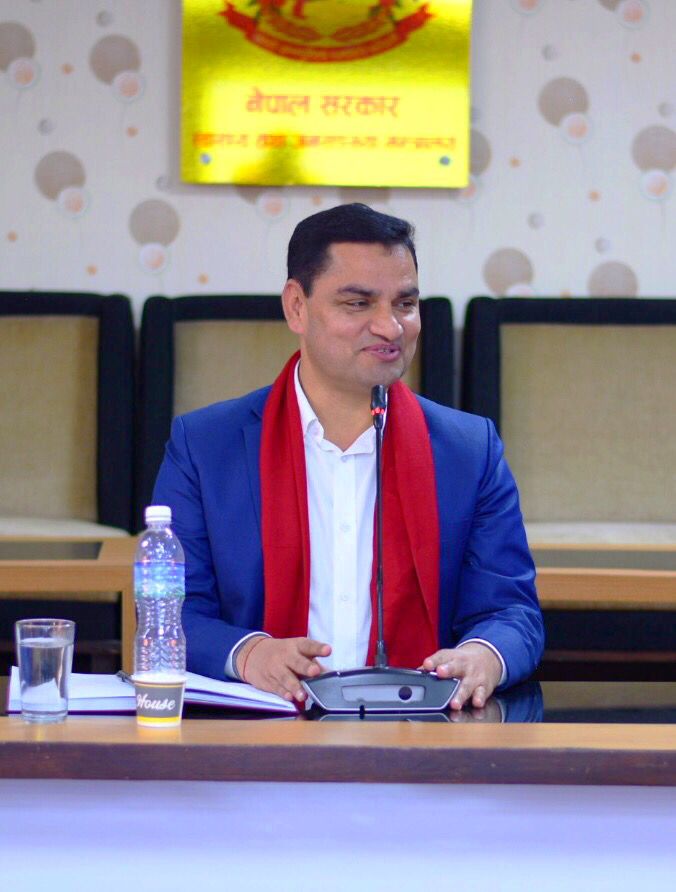Kathmandu: The government has doubled the treatment support provided under Nepal’s health insurance scheme for patients suffering from eight critical illnesses. Health and Population Minister Pradeep Paudel announced that the maximum assistance has been raised from Rs 100,000 to Rs 200,000 starting Shrawan 1 (July 16).
Taking to social media, Minister Paudel stated that the decision was made to ease the financial burden on patients struggling to afford treatment for life-threatening conditions. “As per our previous commitment, from Shrawan 1, insured patients with eight severe diseases will be eligible for up to Rs 200,000 in treatment support through the health insurance program,” he wrote.
The increased coverage applies to patients diagnosed with cancer, heart disease, kidney failure, head injuries, spinal injuries, sickle cell anemia, Parkinson’s disease, and Alzheimer’s disease.
Following Minister Paudel’s announcement, the Health Insurance Board held a meeting on Tuesday night and approved the revised coverage. Executive Director Dr. Raghuraj Kafle confirmed that the new provision will come into effect from Shrawan 1.
In addition to expanding insurance benefits, Minister Paudel emphasized efforts to increase enrollment and strengthen the financial base of the Health Insurance Fund. The government has already introduced a policy to enroll all public and organized sector employees in the program—an existing legal provision that had yet to be implemented. This move is expected to boost the fund’s revenue and ensure sustainability.
The ministry is also coordinating with other government agencies to bring foreign migrant workers and their families under the health insurance umbrella. Furthermore, the government’s new budget has promised to clear the outstanding dues of the Health Insurance Board.
To further strengthen the fund, Minister Paudel has decided to allocate 1% of the income from federal hospital development committees to the Health Insurance Fund. He has also proposed increasing contributions through progressive taxation.
The distribution of government-provided medical assistance will also be channeled through the insurance scheme in order to encourage greater participation. Meanwhile, the Health Insurance Board has taken action against hospitals submitting irregular claims and is upgrading its systems to enhance monitoring and transparency.
These reforms are aimed at expanding insurance coverage, increasing the program’s financial capacity, and ensuring its long-term continuity, officials said.
